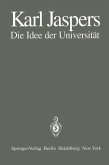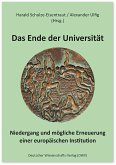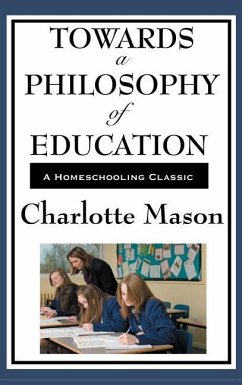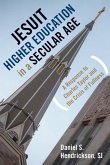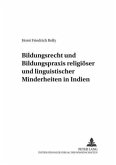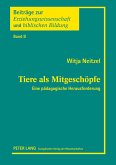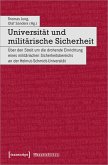This volume analyzes the powerful normative codes, that for better or worse, shape moral character an ethical education in European countries, in the US, Australia, South Africa, and other late moder liberal societies. Drawing on a major interdisciplinary and international study, this volume analyses the shifting places and roles of these normative codes both in the traditional social spheres of family, religion, law, politics, and markets as well as in the new social spheres of education, academic research, health care, the media, and the military. All of these social systems as well as their complex division of powers, we argue, are essential for building a good life and a good society today, but no should dominate the others. And all of these social systems must work, separately and together, to foster justice, freedom, benevolence, and peace at home and abroad.
Bitte wählen Sie Ihr Anliegen aus.
Rechnungen
Retourenschein anfordern
Bestellstatus
Storno


